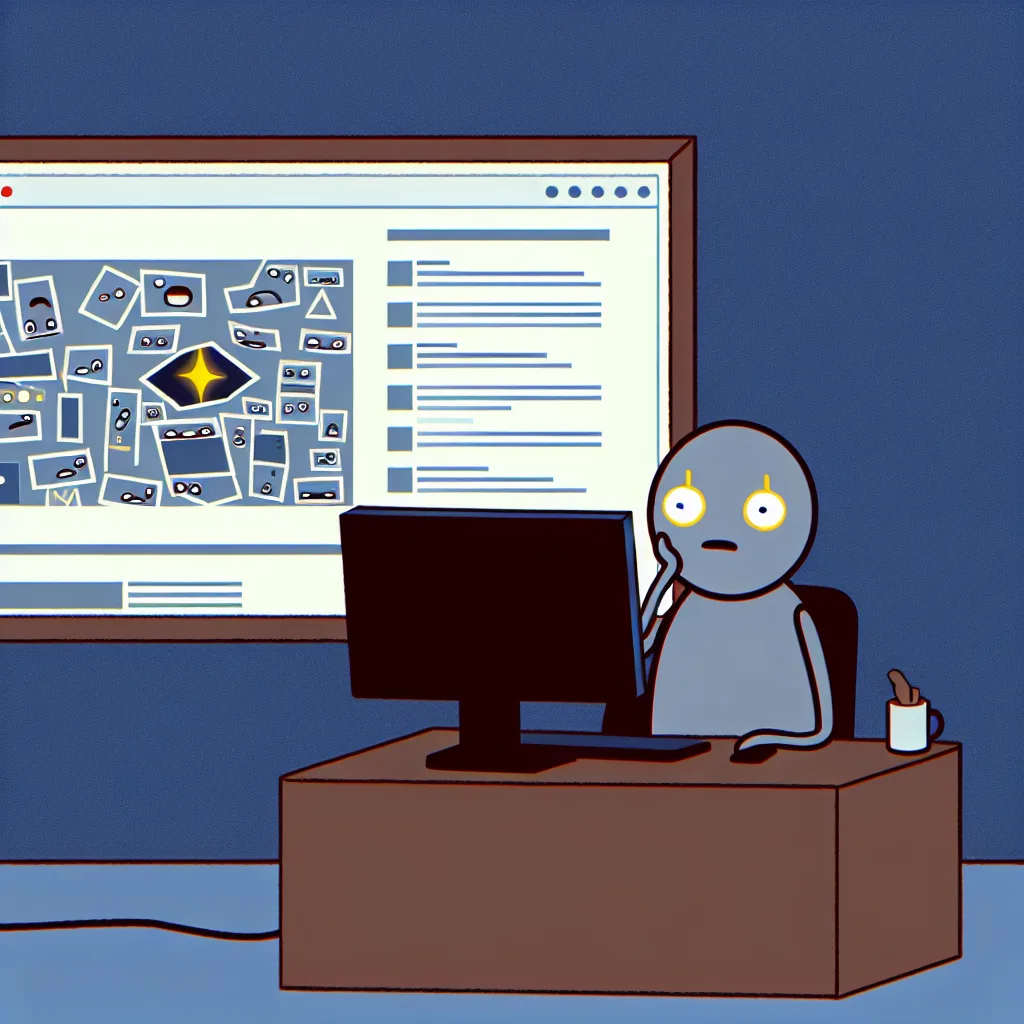Let’s explore the hilarious and surprisingly complex reasons behind AI creating memes that just… fall flat.
Have you ever tried asking an AI to make you a meme? I have. And the results are… something else. You can ask a model like ChatGPT or Gemini to explain quantum computing or draft a legal document, and it will churn out something remarkably coherent. But ask it for a simple meme, and you get pure, unintentional, nonsensical comedy. It’s a fascinating puzzle: how can something so smart be so bad at being funny? This disconnect is the core of the problem with AI creating memes.
It’s not that the AI is “stupid.” It’s just that it’s playing a completely different game than we are. Let’s break down why these digital brains can’t seem to grasp the delightfully weird world of internet humor.
Why Is AI Creating Memes So Unfunny?
At its heart, a meme isn’t just an image with text on it. It’s a cultural artifact. It’s a tiny, shareable package of context, irony, and shared experience. Think about the “Distracted Boyfriend” meme. To us, it’s instantly recognizable. We understand the dynamic: temptation, neglect, disapproval. We can apply it to anything from new hobbies to political news.
An AI doesn’t get that. It can analyze millions of images and learn to identify the pattern: “Image of man looking at woman while other woman looks angry = meme format.” But it doesn’t understand the why. It lacks the cultural context. It hasn’t scrolled through social media, been part of an inside joke, or felt the specific emotion a meme is trying to capture. It’s like trying to explain a color to someone who has only ever seen in black and white.
The Problem of Data vs. Vibe
AI models, particularly Large Language Models (LLMs), are incredible pattern-matching machines. They are trained on a gigantic portion of the internet—text, images, and all. You can learn more about how they work in this great WIRED guide on LLMs. They learn that certain words and images often appear together. But humor, especially meme culture, is less about patterns and more about breaking them.
A good meme often relies on:
* Subversion: Taking a format and twisting its meaning.
* Absurdity: Creating something so weird it’s hilarious.
* Timeliness: Connecting to a very recent event or feeling.
An AI trained on past data will always be a step behind. It can replicate the past, but it can’t create the “vibe” of the present moment. Humor is about nuance and the unwritten rules of communication. The AI has read the rulebook, but it’s never actually been to the playground.
The Technical Hurdles in AI Creating Memes
There’s also a simple technical hurdle. Often, the “brain” that understands your text prompt isn’t the same “brain” that draws the image. When you ask a chatbot for a meme, the text model (like GPT-4) has to create a new, detailed prompt for its image-generating counterpart (like DALL-E 3).
A lot gets lost in that translation. The text AI might understand the concept of the “Woman Yelling at a Cat” meme, but can it write a perfect, artistically nuanced prompt that captures the exact facial expressions, the right level of graininess, and the subtle awkwardness that makes it funny? Usually not. The result is often a sterile, literal, and technically perfect image that is completely devoid of the meme’s original, chaotic soul. It’s a game of digital telephone where the punchline gets warped along the way, as companies like OpenAI are still working to bridge this gap between text and true visual understanding.
So, Will AI Ever Be Funny?
Maybe, but it’s a long way off. For an AI to truly be good at creating memes, it would need more than just data. It would need something closer to what experts call Artificial General Intelligence (AGI), a hypothetical level of AI that possesses a human-like understanding of the world. It would need to understand context, irony, and the subtle rhythms of human culture in real-time.
Until then, our jobs as the internet’s chief humor officers are safe. AI can be an incredible tool for so many things, from science to art. But for now, meme-making remains a beautifully, hilariously, and reassuringly human endeavor. And honestly, I think I’m okay with that.
